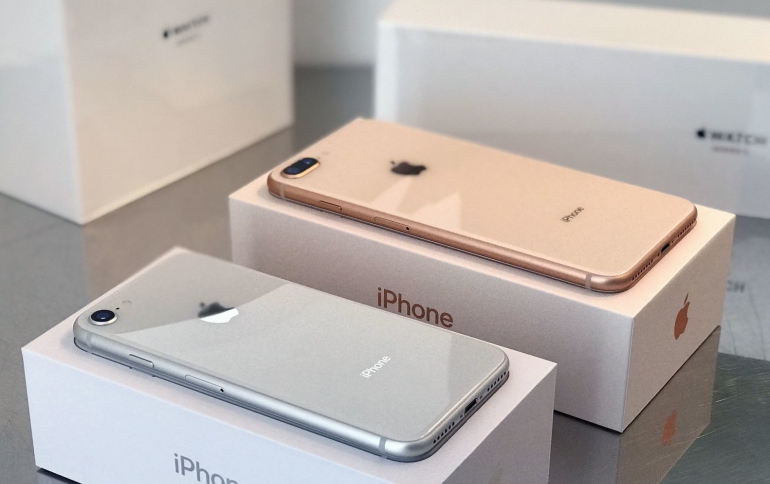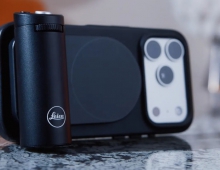
Qualcomm Wins Legal Battle Against Apple In Germany
Apple will pull iPhone 7 and iPhone 8 models from its German stores after a court there ruled on Thursday that Apple infringed a hardware patent of Qualcomm.
The ruling will not go into immediate effect if Apple appeals, judge Matthias Zigann told the court. Qualcomm needs to post a bond of 668.4 million euros, or $765 million, before it can begin proceedings to enforce the order, the court said.
Apple said it would pull some phones from its stores while it pursued an appeal.
“We are of course disappointed by this verdict and we plan to appeal,” Apple said in a statement. “All iPhone models remain available to customers through carriers and resellers in 4,300 locations across Germany. During the appeal process, iPhone 7 and iPhone 8 models will not be available at Apple’s 15 retail stores in Germany. iPhone XS, iPhone XS Max and iPhone XR will remain available in all our stores.”
Apple has alleged that Qualcomm engaged in anticompetitive business practices to protect a monopoly on modem chips. The U.S. Federal Trade Commission has also sued Qualcomm over its business practices in a case set to go to trial in California next month. Opening arguments in the Federal Trade Commission case will begin Jan. 4.
Qualcomm has alleged in courts around the world that Apple violated its patents and has sought bans on iPhone sales in the United States and China.
The German case is Qualcomm’s third major effort to secure a ban on Apple’s iPhones over patent infringement allegations after similar efforts in the United States and China.
In Germany, Qualcomm is seeking a ban on some iPhones with chips from Intel. The judge ruled that phones that contain a chip from Apple supplier Qorvo Inc violated one of Qualcomm’s patents around so-called envelope tracking, a feature that helps mobile phones save battery power while sending and receiving wireless signals.
“Competition authorities around the world have repeatedly found Qualcomm’s licensing practices unlawful, yet Qualcomm continues to try to achieve the same results through a campaign of patent lawsuits. These lawsuits have been largely unsuccessful, and at best would reduce innovation and raise prices,” Steven Rodgers, Intel’s general counsel, said in a statement. "Qualcomm’s goal is not to vindicate its intellectual property rights, but rather to drive competition out of the market for premium modem chips, and to defend a business model that ultimately harms consumers," he added.
Mike Baker, Qorvo’s chief intellectual property counsel, said in a statement that U.S. trade regulators had ruled that Qorvo’s chips did not violate the U.S. version of Qualcomm’s patent and that the chip’s inventor wasn’t allowed to testify at the German hearing.
“We believe our envelope tracking chip does not infringe the patent in suit, and the court would have come to a different conclusion if it had considered all the evidence,” Baker said.
U.S. regulators found Apple infringed one Qualcomm patent but have so far recommended against banning some iPhone sales, but a Chinese court issued a sales ban on some iPhones earlier this month. Apple said its phones remain on sale and that it believes it has complied with the Chinese court’s order, but it also updated the iPhone software in the wake of the ruling.
In the last several years, Qualcomm has been fined nearly a billion dollars in China, $850 million in Korea, $1.2 billion by the European Commission and $773 million in Taiwan (later reduced in a settlement) for anti-competitive practices.





















